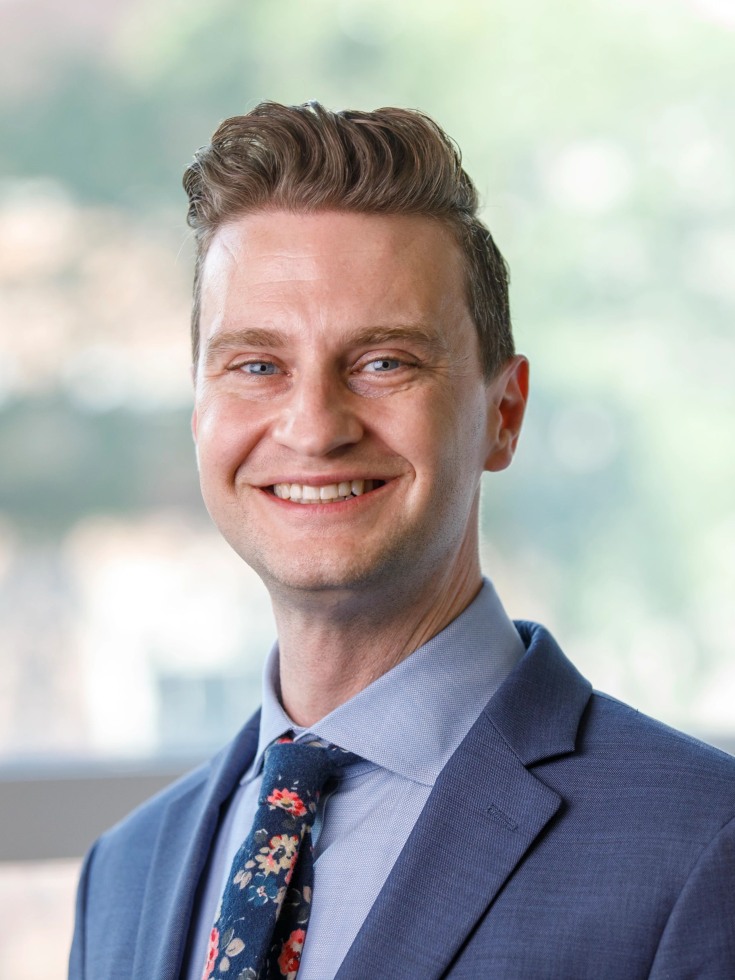PROVIDENCE, R.I. [Brown University] — Researchers from the Brown University School of Public Health will collaborate with colleagues from NYU Langone Health to study the impact of the first publicly recognized overdose prevention centers in the United States, located in Providence, Rhode Island, and New York City.
The research effort will evaluate the ways that the OPCs address each city’s overdose crisis and examine the impact on local communities, said Brandon D.L. Marshall, a professor of epidemiology and founding director of the People, Place and Health Collective at Brown’s School of Public Health.
“The overdose crisis has touched every community across America,” said Marshall, who has studied overdose prevention centers in Canada and will lead the project in Rhode Island. “From coast to coast and across age, gender and race/ethnicity, people are dying. This groundbreaking study will help us determine whether and how overdose prevention centers are an effective public health tool as part of a more compassionate, evidence-based response to this crisis in the U.S.”
The Brown research team will focus on an OPC scheduled to open in Providence in 2024 while working closely with researchers from NYU Langone Health, who will study the two centers already open in New York City.
“We have an unprecedented opportunity to study the first publicly recognized overdose prevention centers in the country across two different states, as well as the impact on the communities in which they operate,” said Magdalena Cerdá, a professor and director of the Center for Opioid Epidemiology and Policy in the Department of Population Health at NYU Langone, who will lead the project in New York. “This research is urgently needed to inform policies that can best support public health, as more jurisdictions across the country consider implementing OPCs.”
Overdose prevention centers are community-based spaces where people who use drugs can more safely test and self-administer, including by injection and inhalation, pre-obtained controlled substances, under supervision by staff trained to respond when medically needed. These facilities also connect people with health and social services, including drug treatment, harm reduction, medical care, mental health treatment and social support.
As part of the first-of-its kind research project, the interdisciplinary team of researchers will conduct a rigorous and comprehensive evaluation of the first publicly recognized OPCs in the country. The study will seek to enroll 1,000 participants (500 from Providence and 500 from the two New York City sites) over the age of 18 who already use drugs and have visited an OPC or other harm reduction services. The study will involve repeated assessments of the study participants over four years, as well as qualitative and ethnographic methods and cost-effectiveness analysis.
The researchers will investigate whether enrolled participants who visit OPCs experience lower rates of fatal or non-fatal overdoses, drug-related health problems and emergency department visits, and whether they are more likely to enter treatment for substance use disorders compared to people who use drugs but do not visit OPCs. They will also estimate the operational costs of OPCs and the potential cost savings to the health care and criminal justice systems associated with OPC use.
